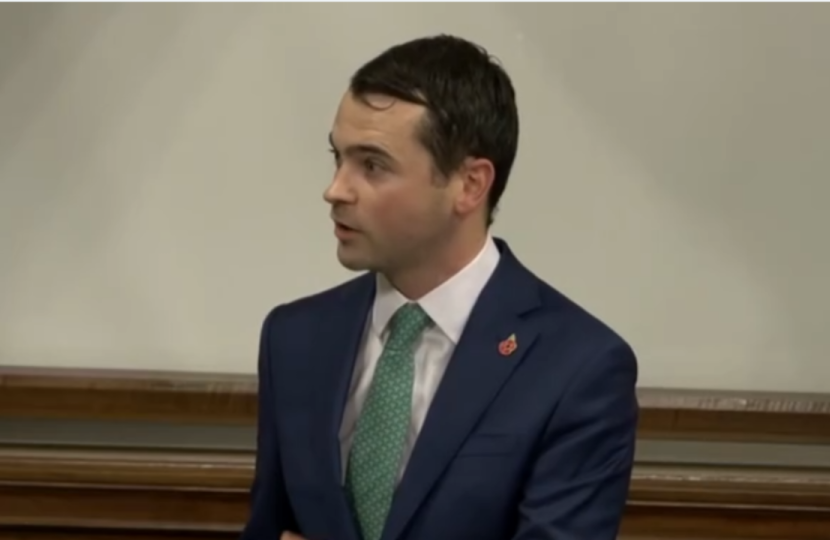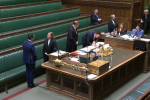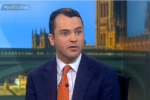After receiving hundreds of responses to my roadworks survey, I led a debate in Parliament on the disruption they cause to us all.
I will continue to campaign on this issue, and I encourage you to share my survey with your friends and family so I can continue to build a record of disruption in our constituency: lewiscocking.uk/roadworks
In my speech, I set out why extra traffic is especially disruptive for us in Broxbourne:
The many towns and villages that make up Broxbourne are connected by two main roads, the A10 and the High Street that spans from Waltham Cross in the south to Hoddesdon in the north.
Demand on these roads, as the main arteries between residential and urban areas, is therefore extremely high.
And if there’s work taking place at any location on our roads, the standstill traffic can affect almost the entirety of Broxbourne.
And the effect this has on our economy:
The average driver in the UK lost 61 hours due to traffic congestion in the last year. This is up 4 hours compared to 2022.
These delays are costing UK drivers, on average, £558 each. Staggeringly, this means the cost of traffic delays to the country overall was an eye-watering £7 and a half billion.
People looking to enjoy their hard-earned cash are unable to spend as much time at local shops, and small business owners and traders struggle to make appointments on time. The less time people have to earn or spend, the harder it is for our economy to grow.
The Chancellor said today economic growth will be her mission for this Parliament, so I hope the Government will recognise that point.
The economic cost is especially damaging in Broxbourne, where more people use a car or van to get to work than the national average.
I brought what you've told me directly to the Government:
Hundreds of my constituents have completed my survey to share their experience of the impact roadworks have on journey times.
They have made it extremely clear how disruptive long waits in traffic, caused by roadworks, have been on their daily lives.
I’ve heard about delays to reach elderly parents, carers finding it difficult to carry out their vital duties and children missing out on the start of the school day.
It’s not just car journeys. For many of my constituents, the bus service is a lifeline. And when the roads are gridlocked and buses are inevitably delayed, pensioners in my constituency have told me they’ve simply given up even trying to go out. The knock-on effects of missing serious medical appointments or social isolation are obvious.
And I set out some solutions to this problem:
Local authorities and utility companies must communicate much better between themselves, to coordinate works in a sensible and cost-effective way. It cannot be right that the same stretch of road has to be dug up again and again.
And these organisations have to improve how they communicate with the public. It should be easier to find out why disruption is taking place and exactly how long it should be there. We can’t let it be the case that, as my constituents have experienced, residents wake up to find four-way traffic lights and diversions in place that make it hard to even leave their house.
We should use technology much better, and come up with innovative ways to avoid static traffic where we can.
Lane Rental schemes allow a highway authority to charge up to £2,500 per day for works on the busiest roads at the busiest times. Charges apply to works carried out by utility companies and highway authorities. This cost incentivises those organisations to move their works, carry them out at less busy times or engage in joint working with others. Around 95% of charges are avoided by taking these steps, meaning disruption for drivers is minimised without additional costs being placed on the firms responsible.
Just 4 schemes are currently in operation, covering less than 10% of the road network in London and counties in the south of England.
These schemes, if expanded across the country, would raise significant funds for local authorities. As the last Government proposed, at least 50% of surplus funds should be directed to the repair of potholes, so drivers can benefit from smoother journeys.






